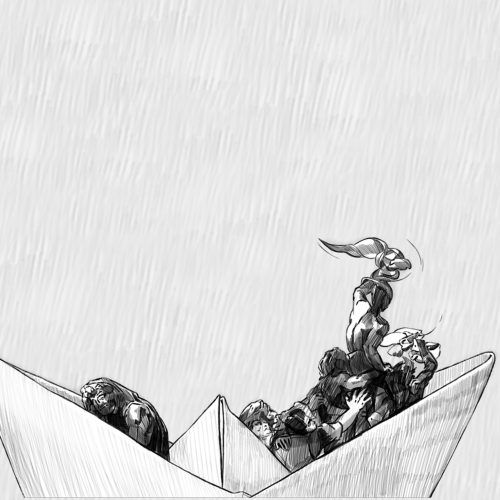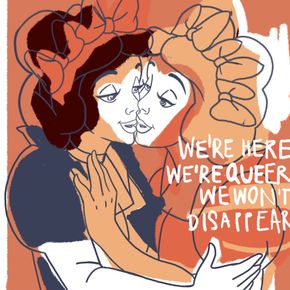Migrants are heading to Canary Islands
At least 140 people died at sea after a vessel that was heading to the Canary Islands, in Spain, sank off the Senegalese coast. It had left Mbour, a Senegal fishing village, carrying out about 200 people. Just 59 were rescued. It is the deadliest shipwreck recorded in 2020, according to the International Organization for Migration (IOM).
This route between Africa and the Spanish archipelago through the Atlantic Ocean is considered one of the most dangerous. Including this tragedy, at least 414 people died there in 2020 according to IOM’s Missing Migrants Project. It is doubled than in 2019, as 210 fatalities were recorded. This route was often used in the past, as tens of thousands of people attempted this dangerous trip in the mid-2000s. Among the youth in Senegal, there was a play on words: “Barça ou barzakh”, meaning “Barcelona” (the football club) or “death”, regarding migrating.
In recent months there has been an increase in the number of boats trying again to reach Europe arriving at the Canary Islands. The Spanish Commission for Refugee Aid (CEAR), explains that it is because new profiles of people are risking their lives on this route. If during the first months of 2020, they were predominantly people from Mali, now they are mainly people from Morocco and Senegal. They were affected economically by the pandemic due to the tourist closure. Just last weekend, more than 2,000 people arrived at the Canary Islands in 58 boats in less than 72 hours.


























